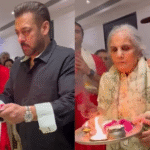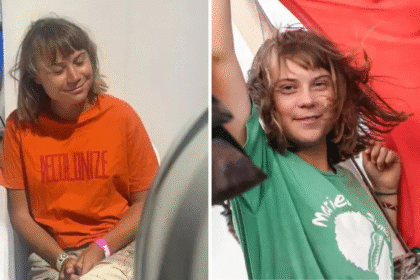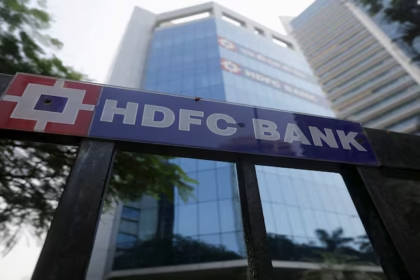US Court Denies Nikhil Gupta’s Request for Prague Arrest Records Ahead of Trial
New Delhi: A United States federal court has rejected a bid by Nikhil Gupta, the Indian national accused of plotting to assassinate Khalistani separatist Gurpatwant Singh Pannun, to obtain further evidence about his arrest in the Czech Republic.
In an order issued on August 26, Judge Victor Marrero of the Southern District of New York denied Gupta’s request to force prosecutors to hand over communications between the US Drug Enforcement Administration (DEA) and the Czech police.
Gupta’s lawyers had argued that two DEA officials based in Europe, Country Attaché Kyle Brannon and Special Agent Joseph Catalano, were deeply involved in his arrest in Prague on June 30, 2023 and that their records were essential to his defence.
Marrero disagreed, ruling that the pair were not members of the prosecution team as they were only involved for “logistical coordination”. “Accordingly, Gupta’s motion to compel is denied,” the judge wrote in his 14-page order.
Extradited to the United States last year, Gupta is accused of arranging a contract killing on the instructions of an Indian government official. The intended target was Pannun, a US-Canadian citizen and lawyer for Sikhs for Justice, a separatist group banned by India.
‘Active participants’
Prosecutors say Gupta believed he was hiring a hitman through a Colombian narcotics connection, but the supposed intermediary was in fact a confidential source working with the DEA.
Arguing that Brannon and Catalano were active participants, Gupta’s lawyers in an August 22 letter to the court, cited meetings in Prague where the attachés allegedly discussed the arrest plan and the seizure of Gupta’s phones.
They pointed to a comment made the day before the arrest in which one of the officials told Czech police “the DEA would like to get Mr. Gupta’s phones” and “if [the phones] are unlocked, even better.” They also noted that Catalano took custody of Gupta’s phones and personally delivered them to New York.
The defence focused on the attachés’ contact with the DEA’s confidential source. They argued that Special Agent Joseph Catalano relayed real-time updates from the source about Gupta’s whereabouts to Czech police, including his location, and that this amounted to investigative work showing he was part of the prosecution team.
Prosecutors countered that the substantive investigative steps were carried out by DEA agents based in the United States. Those agents, they said, worked with Czech police on the arrest plan, were present at the airport, questioned Gupta after his detention and later examined the seized phones.
One of the US-based agents who travelled to Prague for the operation testified on August 12 that the confidential source, who had helped draw Gupta out of India for a meeting, had been flown into the Czech Republic as a precaution in case Gupta managed to exit the Vaclav Havel airport without being arrested.
Judge Marrero rejected the defence’s claims about Catalano’s role, finding that his communications with the source were limited to ensuring the source’s safety and did not involve gathering evidence or arranging for his meeting with Gupta in Prague.
Phones
Addressing the issue of the phones, the court observed that Czech authorities acted under a provisional arrest warrant issued through the US Department of Justice’s Office of International Affairs. This warrant already instructed them to seize items in Gupta’s possession at the time of arrest.
The judge wrote that the remark about them being “unlocked” was “not a directive to Czech law enforcement” and “is not indicative of any investigative responsibilities of the Country Attachés.”
Earlier in May, Gupta had submitted a signed letter to a federal New York judge seeking dismissal of his indictment, only for his lawyer to inform the court that the filing had been made “inadvertently.” The court allowed it to be withdrawn.
The defence then filed a pre-trial motion to dismiss the money laundering charge contained in the second superseding indictment, arguing that it had not been part of the charges approved when Gupta was extradited from the Czech Republic.
Ahead of the pre-trial motion hearing, the defence also sought suppression of evidence obtained from Gupta’s three mobile phones, contending that the devices were seized in Prague under the direction of US officials and that his passcodes were obtained without proper legal warnings.
They also argued that American and Czech officers acted in a “joint venture,” which, if accepted, would mean that evidence collected by Czech police could not be used unless Gupta had first been given warnings required under US law. All of these pre-trial motions were considered at the August 12 hearing, but the court has not yet ruled on them. The trial will begin on November 3.








